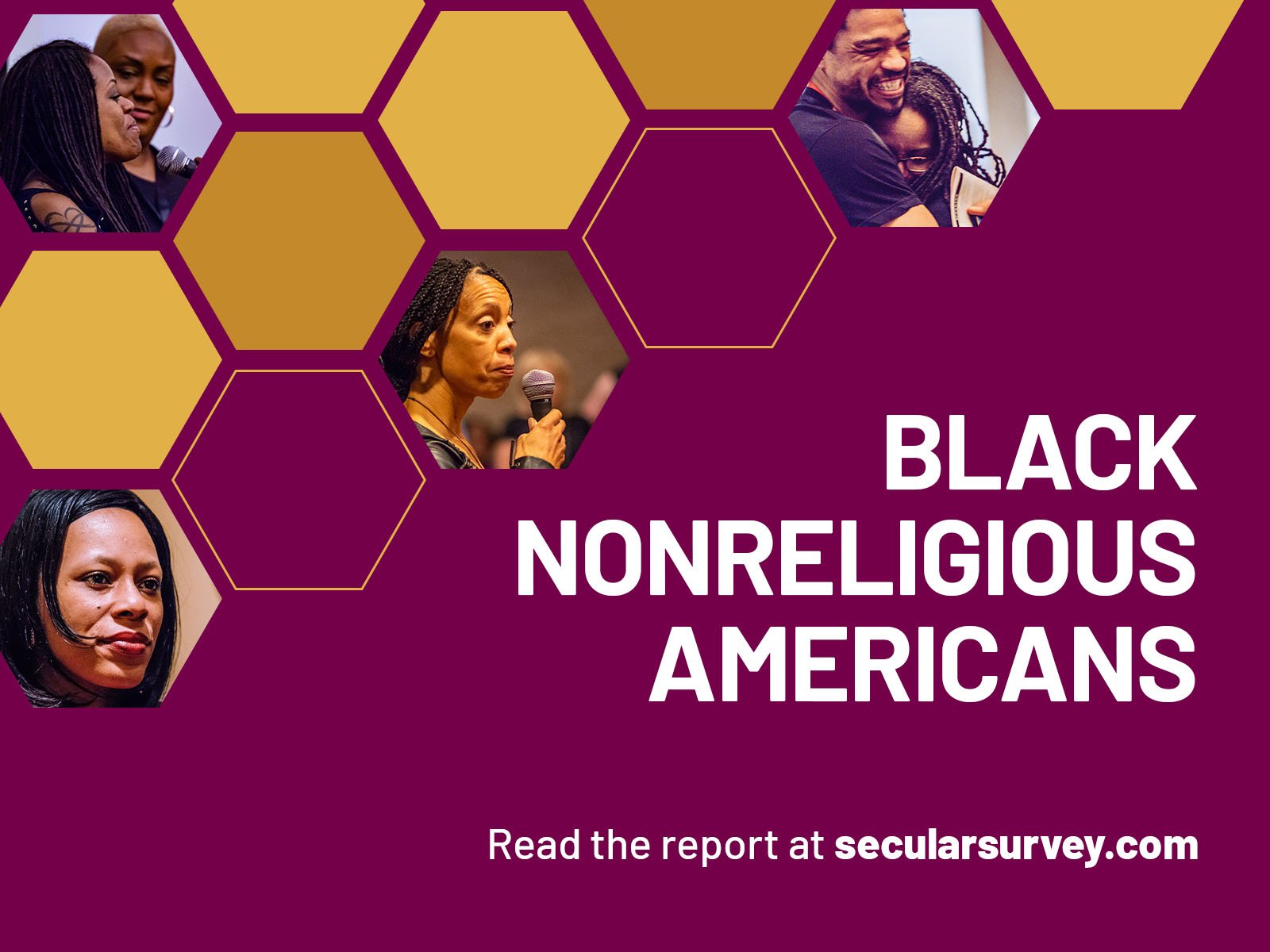Religion is a powerful force in any culture and difficult to ignore when creating a gaming setting. Here's some things to consider when incorporating religions into your campaign.
While the adherents of any faith believe the existence of their deity is a given fact, having actual proof changes the way that religion is seen by outsiders. In many ancient cultures, people believed in not only their gods, but the gods of other cultures. So to win a war or conquer another culture was proof your gods were more powerful than theirs. While winning a war against another culture can make you pretty confident, winning one against another culture’s gods can make you arrogant. Add to that the fact you had warrior priests manifesting divine power on the battlefield, you are pretty soon going to start thinking that not only is winning inevitable, but that it is also a divine destiny. Again, these are all attitudes plenty of believers have had in ancient days, but in many fantasy worlds they might actually be right.
The reverse is also interesting. Clerics might potentially manifest any form of magical power if it suits their deity. So if the priest of fire can not only heal but throw fireballs around, is it the wizards that need to get themselves some religion to become true practitioners of the art? Maybe the addition of faith is the only way to really gain the true power of magic?
Let’s say this divine power draws from the life force of sentient beings. As it does so in a very broad way, this effect is barely noticed in most populations. A tiny amount of life from the population as a whole powers each spell. But once the cleric goes somewhere remote they might find their magic starts draining the life from those nearby. In remote areas, clerics might be feared rather than revered, and the moment they try to prove they are right by manifesting the true power of their deity, they (and the townsfolk) are in for a very nasty surprise.
What will also make things much tougher is having a character that refuses to benefit from the power of religion due to their beliefs. They might insist that if they don’t know what in this healing magic, they don’t want any part of it, especially if the priest can’t really explain it outside the terms of their faith. That this healing works will not be in doubt. So are they being principled or a fool? If the explanation for magical healing isn’t "this is just healing energy" but "it’s the power of my deity, entering your body and changing it for the better" the character might be more reticent about a few more hit points.
When it comes to deities manifesting on the material plane, it’s a little harder to ignore them. But this isn’t always evidence of the divine. A manifesting deity is undoubtedly a powerful being, one able to crush armies and level cities, but does that make them divine? While the power of a deity is not in dispute, the definition of what is actually divine in nature is a lot muddier. This is ironically harder in a fantasy world where lich-kings, dragons and powerful wizards can do all the same things many deities are supposed to do.
The Question of Gods
When we look at religion from a gaming perspective, the most interesting thing about it is that in many settings, the existence of deities is not in question. One of the most common arguments over religion is whether there even is a god of any form. But in many fantasy games especially, deities offer proof of their existence on a daily basis. Their power is channelled through clerics and priests and a fair few have actually been seen manifesting in the material realm. This makes it pretty hard to be an atheist in a D&D game.While the adherents of any faith believe the existence of their deity is a given fact, having actual proof changes the way that religion is seen by outsiders. In many ancient cultures, people believed in not only their gods, but the gods of other cultures. So to win a war or conquer another culture was proof your gods were more powerful than theirs. While winning a war against another culture can make you pretty confident, winning one against another culture’s gods can make you arrogant. Add to that the fact you had warrior priests manifesting divine power on the battlefield, you are pretty soon going to start thinking that not only is winning inevitable, but that it is also a divine destiny. Again, these are all attitudes plenty of believers have had in ancient days, but in many fantasy worlds they might actually be right.
Magic vs. Prayer
If a world has magic, it might be argued that this power is just another form of magic. Wizards might scoff at clerics, telling them they are just dabblers who haven’t learned true magic. But this gets trickier if there are things the clerics can do with their magic that the wizards can’t do with theirs. Some wizards might spend their lives trying to duplicate the effects of clerics, and what happens if one of them does?The reverse is also interesting. Clerics might potentially manifest any form of magical power if it suits their deity. So if the priest of fire can not only heal but throw fireballs around, is it the wizards that need to get themselves some religion to become true practitioners of the art? Maybe the addition of faith is the only way to really gain the true power of magic?
Are the Gods Real?
While divine power might be unarguably real, the source of it might still be in contention. A priest might be connecting to some more primal force than magicians, or tapping into some force of humanity. What priests think is a connection to the divine might actually just be another form of magic. As such, it could have some unexpected side effects.Let’s say this divine power draws from the life force of sentient beings. As it does so in a very broad way, this effect is barely noticed in most populations. A tiny amount of life from the population as a whole powers each spell. But once the cleric goes somewhere remote they might find their magic starts draining the life from those nearby. In remote areas, clerics might be feared rather than revered, and the moment they try to prove they are right by manifesting the true power of their deity, they (and the townsfolk) are in for a very nasty surprise.
Can You Not Believe in Them?
There are ways to still play an atheist character in a fantasy game. However, it does require more thought beyond "well I don’t believe in it." That's a sure way to make your character look foolish, especially after they have just been healed by a cleric.What will also make things much tougher is having a character that refuses to benefit from the power of religion due to their beliefs. They might insist that if they don’t know what in this healing magic, they don’t want any part of it, especially if the priest can’t really explain it outside the terms of their faith. That this healing works will not be in doubt. So are they being principled or a fool? If the explanation for magical healing isn’t "this is just healing energy" but "it’s the power of my deity, entering your body and changing it for the better" the character might be more reticent about a few more hit points.
When it comes to deities manifesting on the material plane, it’s a little harder to ignore them. But this isn’t always evidence of the divine. A manifesting deity is undoubtedly a powerful being, one able to crush armies and level cities, but does that make them divine? While the power of a deity is not in dispute, the definition of what is actually divine in nature is a lot muddier. This is ironically harder in a fantasy world where lich-kings, dragons and powerful wizards can do all the same things many deities are supposed to do.








